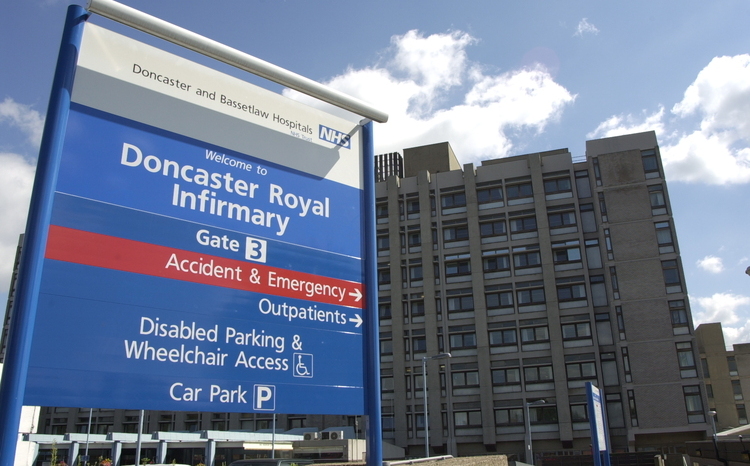Local CIO reports interest in making a LICRE bid in Yorkshire and Humber
- 15 February 2018

There is significant interest in making a bid for Local Care Integrated Record Exemplar (LICRE) status in Yorkshire and Humber, a local CIO has told Digital Health News.
Richard Corbridge suggested the expected appointment of integrated care exemplars was a chance for Yorkshire and Humber to become a masthead for clinical excellence, in the absence of a regional GDE or ‘fast follower’.
The CIO of Leeds Teaching Hospitals NHS Trust said he held a workshop session last month to discuss how a bid for LICRE status might take shape.
It was attended by around 80 delegates from across Yorkshire and Humber, including “a good proportion” of IT partners such as DXC, Cerner, IMS Maxims, Emis and TPP.
While NHS England is yet to open the bidding process for LICRE status – leading some to speculate whether the initiative has lost momentum – briefing materials seen by Digital Health News indicate that announcements on successful applications were earmarked for March.
Up to five LICRE pilots were expected to be selected, each serving populations of 3-5 million and providing shared records that directly support patient care. The pilots will be expected to build on existing local integrated care record initiatives and deliver a comprehensive local longitudinal record.
Corbridge said that a LICRE bid would be an opportunity for organisations in the Yorkshire and Humber to “build on areas of excellence from places that haven’t traditionally been great at coming together”.
“There is a sense that we really do need to come together and work hard on agreeing how something we put together will be successful,” said Corbridge, who hopes to leverage work undertaken on the Leeds Care Record in the event of a successful LICRE bid.
“With the Leeds Care Record, we have what we think is the deepest integrated care record in the NHS,” he said.
“While we don’t have the volume of organisations like the Great North Care Record, it’s used every day by 101 GP practices and inside acute hospitals. Because it’s built somewhat on open standards and has been built from an integration point of view, that gives us an opportunity to build on other areas of excellence from Bradford, Hull, Sheffield, Huddersfield and so on.”
He added: “Our thinking is that LICRE would allow us to create five areas that achieve excellence in delivery of integrated care.
“That means that those five areas can start to join together so that national standards that are adopted and applied.
“What you end up with is a patchwork that comes together that allows core information to be shared, for the delivery of healthcare across boundaries.”
Documents seen by Digital Health suggest that official invitations for LICRE applications were due to go out in January. Midway into February, there has still been no such call to action.
In the meantime, localised shared record initiatives continue to crop up around the country.
Despite the delay to the opening of LICRE bids, Corbridge rejected the notion that interest in the initiative had waned. “I think the language may have changed a bit – the focus is on population health and how you can become an accountable care organisation and the improvements that have to be made,” he said.
“The reality is that population health across a diverse organisational boundary requires integrated care records. You can’t have accountable care organisations that don’t have shared information between community, primary and acute services.
“I think people that we’re talking to absolutely think that integrated care records at volume is where we need to get to. But it does feel like there is an acceptance that this is actually quite a difficult piece of work.”





